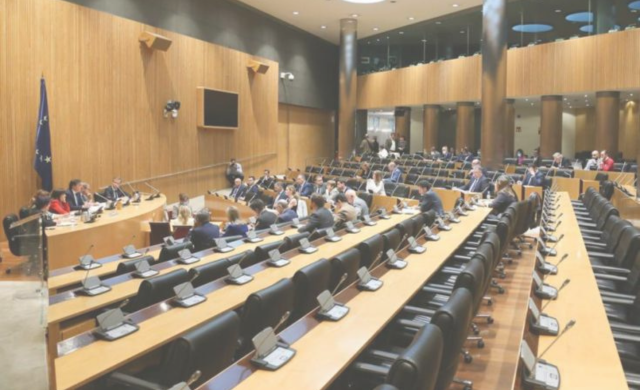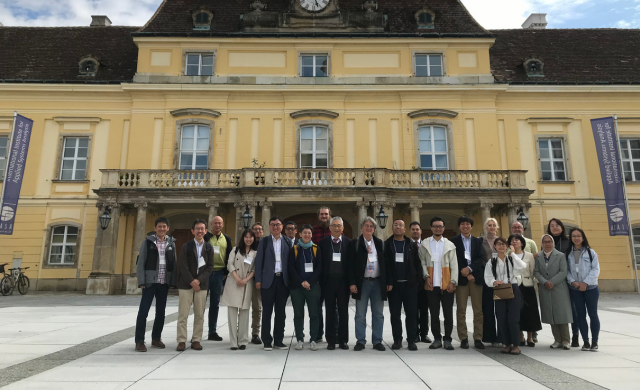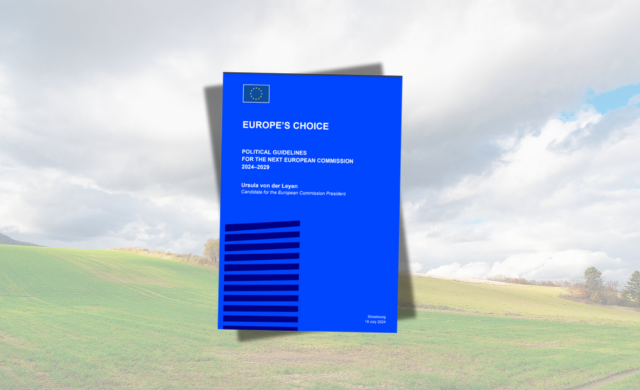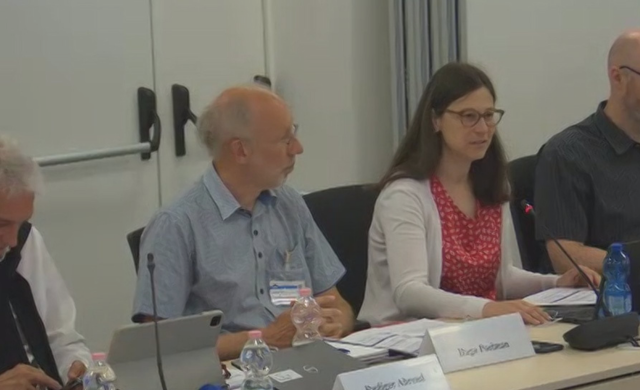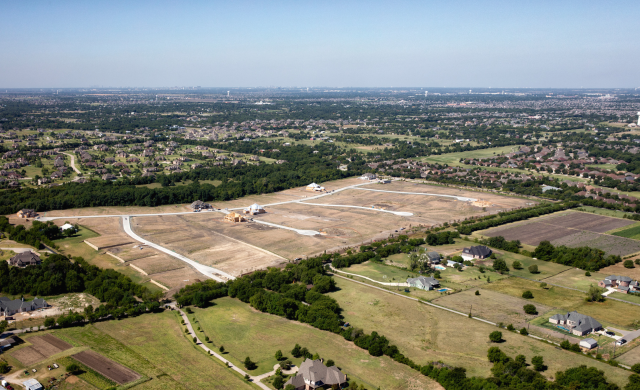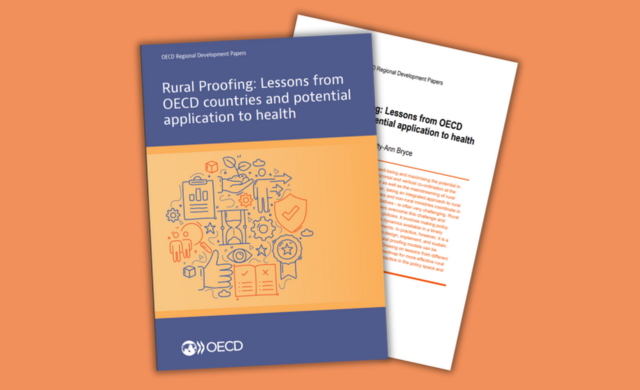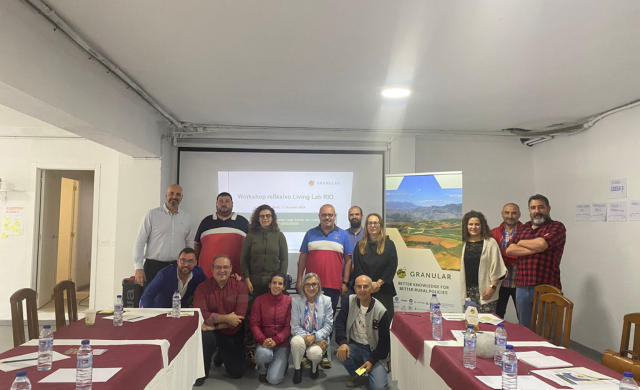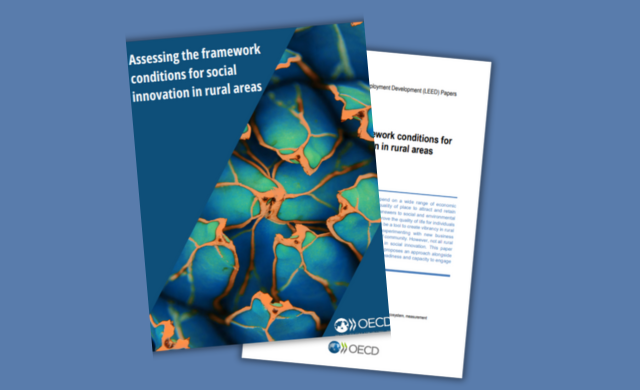On 15th September, GRANULAR Living Labs unveiled their Action Plans. Activities listed in each of the Action Plans are aimed at improving data availability and data analysis for better rural policies.
Different ruralities, the same mission
About one year passed since the beginning of the GRANULAR project, and since then, seven Living Labs have been established across the whole Europe. Living Labs represent a variety of rural areas across Europe, going from mountains to coastal cities, inner rural areas, northernmost rural regions and so on. Yet, all of them share a common mission: gathering better and novel data to improve rural policies in their rural areas.
GRANULAR Action Plans for Living Labs
On 15 September, the seven Living Labs presented their Action Plans to the GRANULAR Executive Board. During their presentation, the Living Labs highlighted their planned activities for the upcoming year. Activities involve data needs and data collection methods that will be implemented at the Living Lab level and then complemented by the activities carried out by other project partners at the European level.
Living Labs’ thematic priorities
Planned activities have been identified based on the thematic priorities of each Living Labs. And these are:
- Well-being for the Dutch Living Lab
- Demography, Natural capital, Mobility for the French Living Lab
- Demography (ultra centenarians), Forest fires, E-governance for the Galician Living Lab
- Agri-food value chains, Ecosystem services, Tourism for the Italian Living Lab
- Agri-food value chains for the Polish Living Lab
- Rural proofing, Rural diversity, Rural compass for the Scottish Living Lab
Learn more about our Living Labs here and remain updated by subscribing to our newsletter!

